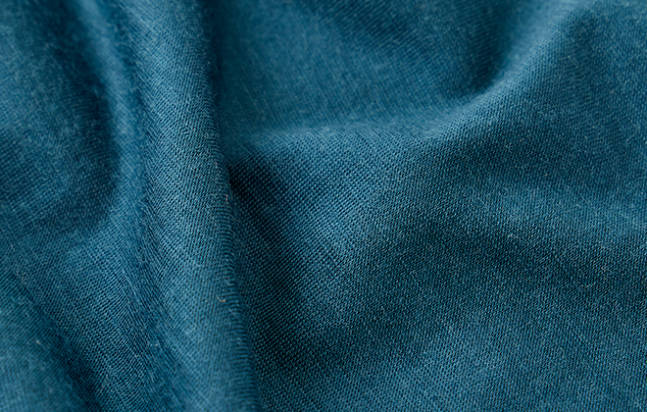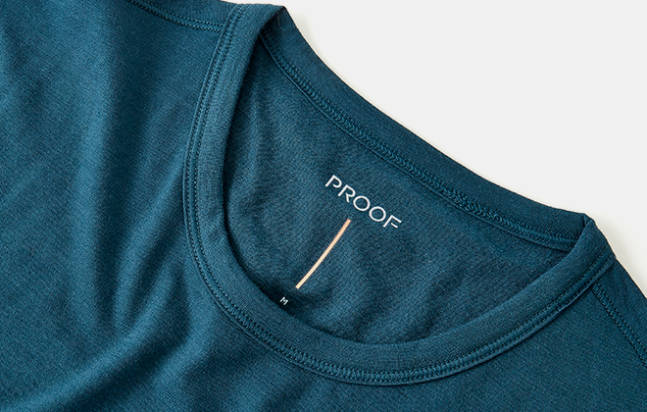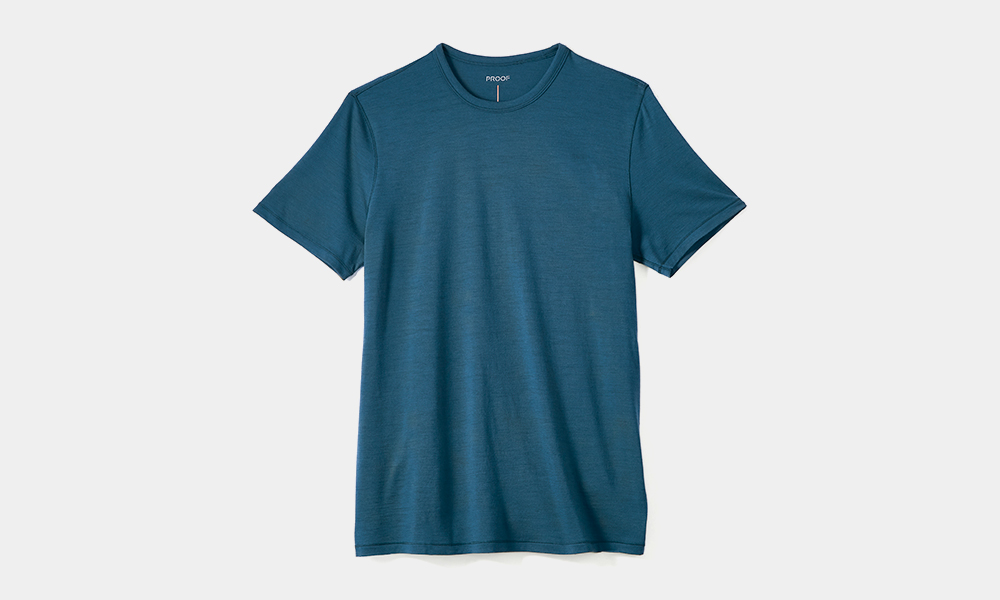This is Worth the Hype, where our writers and editors put popular products to the test to see if they are, in fact, worth the hype.
A couple of months ago, after taking a flight from Denver to Chicago, running across the airport to make a tight connection, and then flying for another seven hours overnight, I smelled my armpits. Incredibly, I was remarkably fresh, and I felt just as clean. And it’s all thanks to the Proof 72-Hour Merino Tee.
If you haven’t heard of Merino wool, the main thing you need to know is that it’s hands-down the best material to travel in. It lasts for days (hence the “72-Hour” name) without getting heavy creases, wrinkles, or smelly. This particular shirt also happens to fit great, so you can look as good as you feel.
That long set of flights was my first test of the Merino tee, and since then it’s been my go-to for multiple red-eye flights and has allowed me to go straight from the plane into a full day of activities without having to worry about changing or looking like I just stepped out of a metal tube filled with too many people.

How Merino Wool Works
Merino sheep date back to Spain between the 13th and 15th centuries. The breed came from mixing Roman rams, North African rams, and English fine wool rams. They were a cherished commodity in the Middle Ages. Australia got its first set of Merino sheep in 1788, and today, Australia and New Zealand are responsible for most of the Merino wool available.
On average, the fiber is between 17.5 and 24 microns (though it can go higher and lower). That’s on the better end of the highest wool grade standards set by the United States Department of Agriculture. It’s also significantly less than the 45 microns thick average human hair.
The small fibers are in a tightly coiled spring called fiber crimp that allows for some stretch and decreases wrinkles. The breathable fiber can absorb up to a third of its weight in moisture while still feeling dry, compared to about seven percent moisture retention by weight for cotton. Even if you end up sweating pretty heavily, the shirt wicks away moisture to keep you dry. Dryness is one fact that helps suppress any foul odors, but so does a natural waxy coating called Lanolin that’s found in Merino fiber and repels mold and bacteria.
Added bonus: Merino wool is good for the environment. Merino sheep can be sheared for their wool (about five pounds of it) once a year, and the biodegradable fabric disintegrates in soil after only a handful of years.
And while all of that science and history is interesting, all you really need to know is that Merino wool shirts live up to the hype and claims. This Proof shirt will get you through just about anything when you want to pack light without looking (and feeling) like you only brought two shirts for a week-long trip.

Specs: Proof 72-Hour Merino Tee
- 87 percent 16.5 micron Merino wool from New Zealand, 13 percent nylon
- Slim fit through the chest and arms
- Machine washable (air dry)




